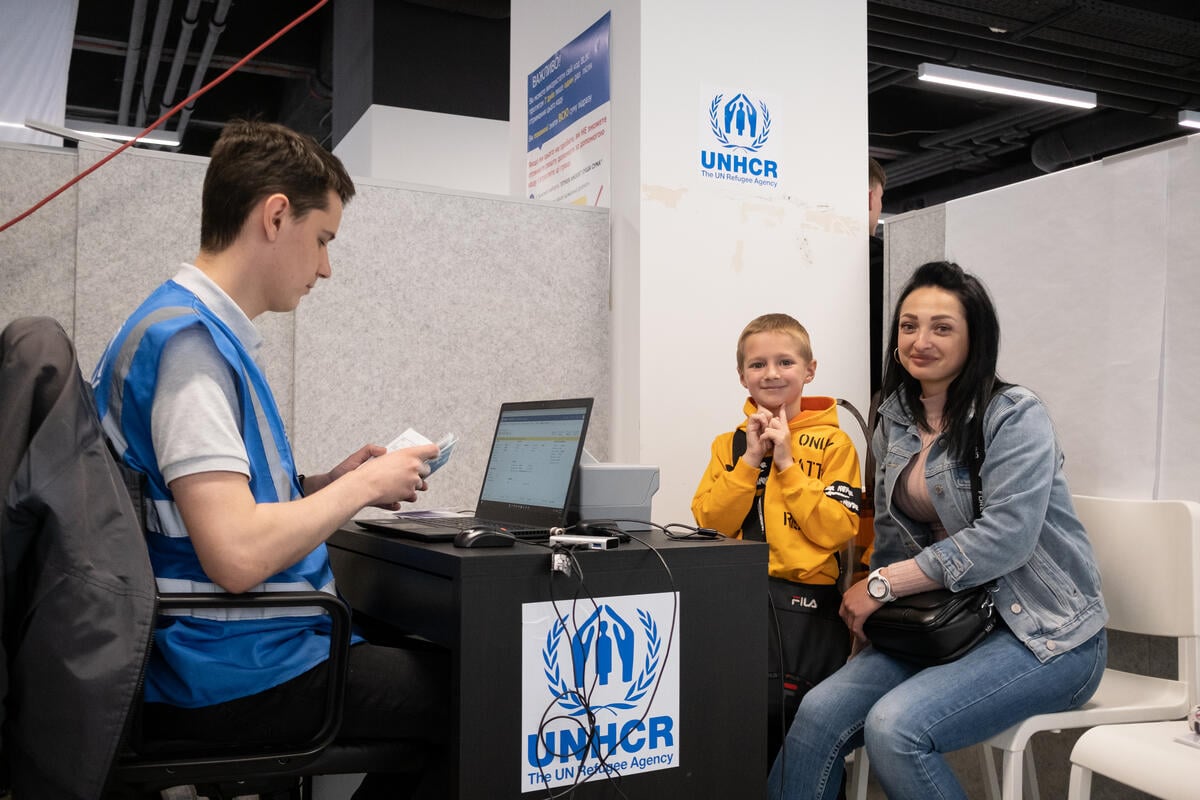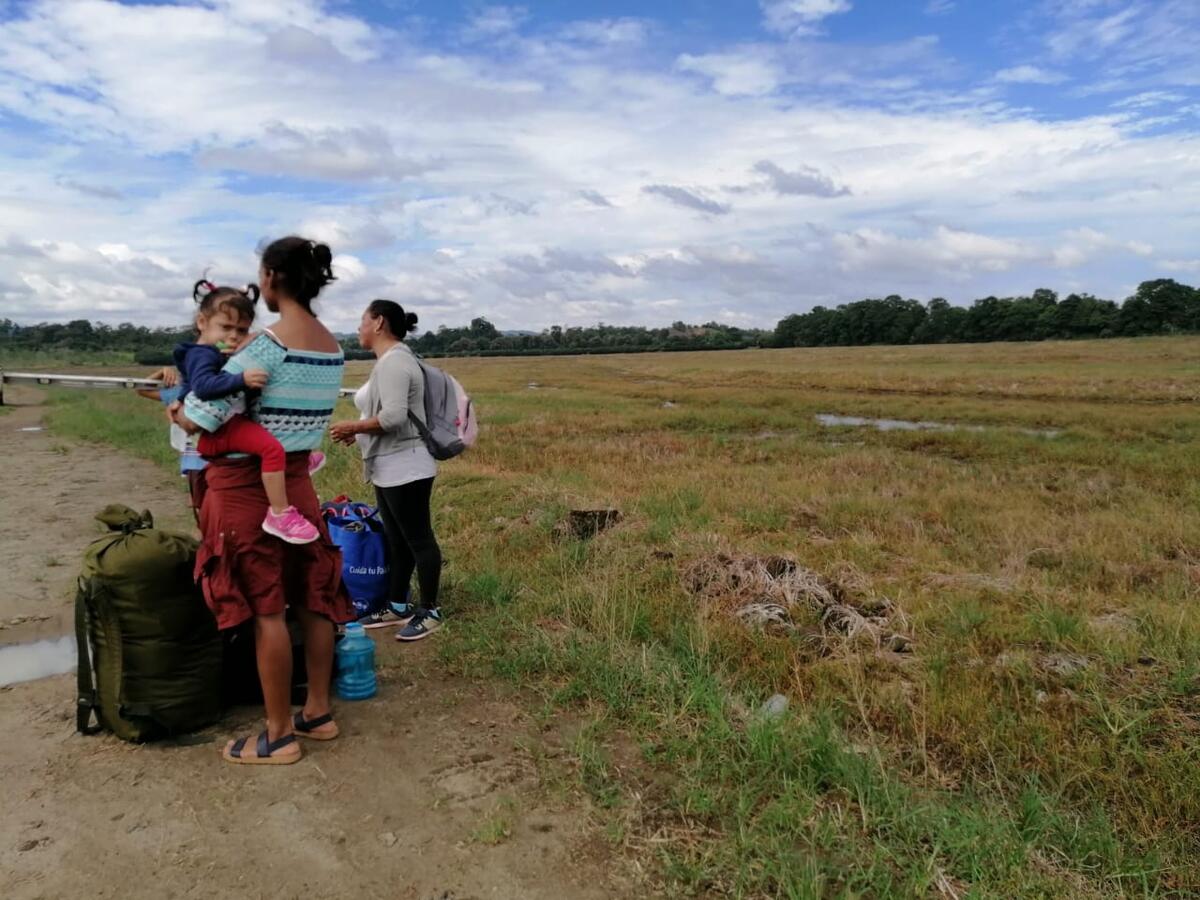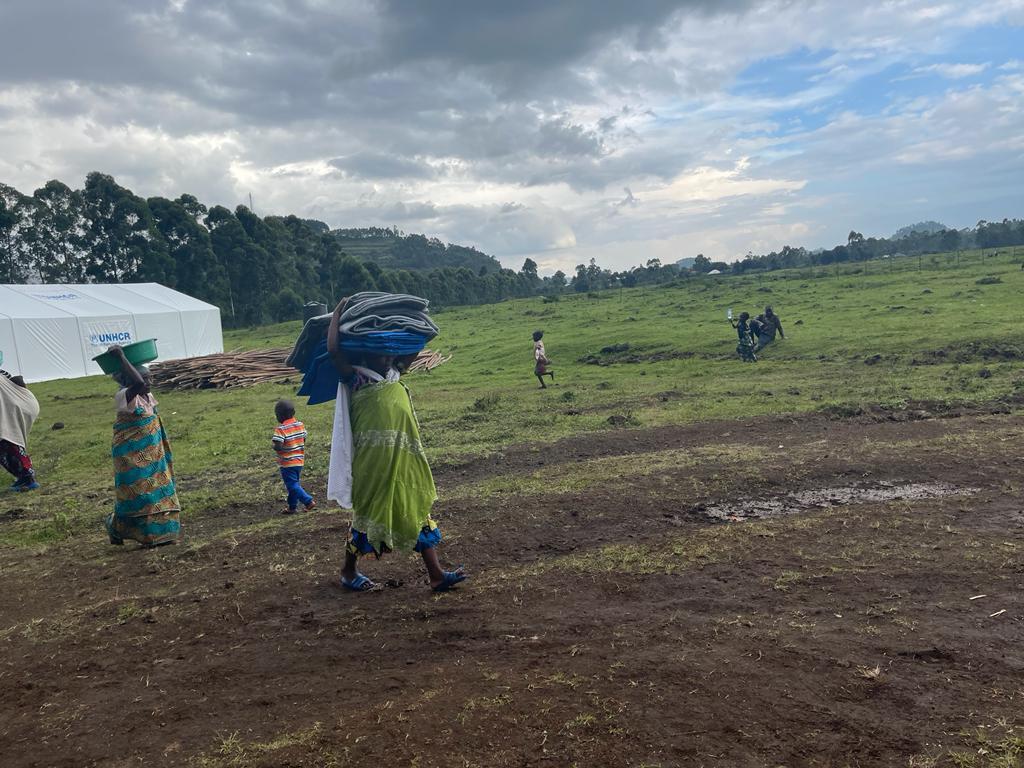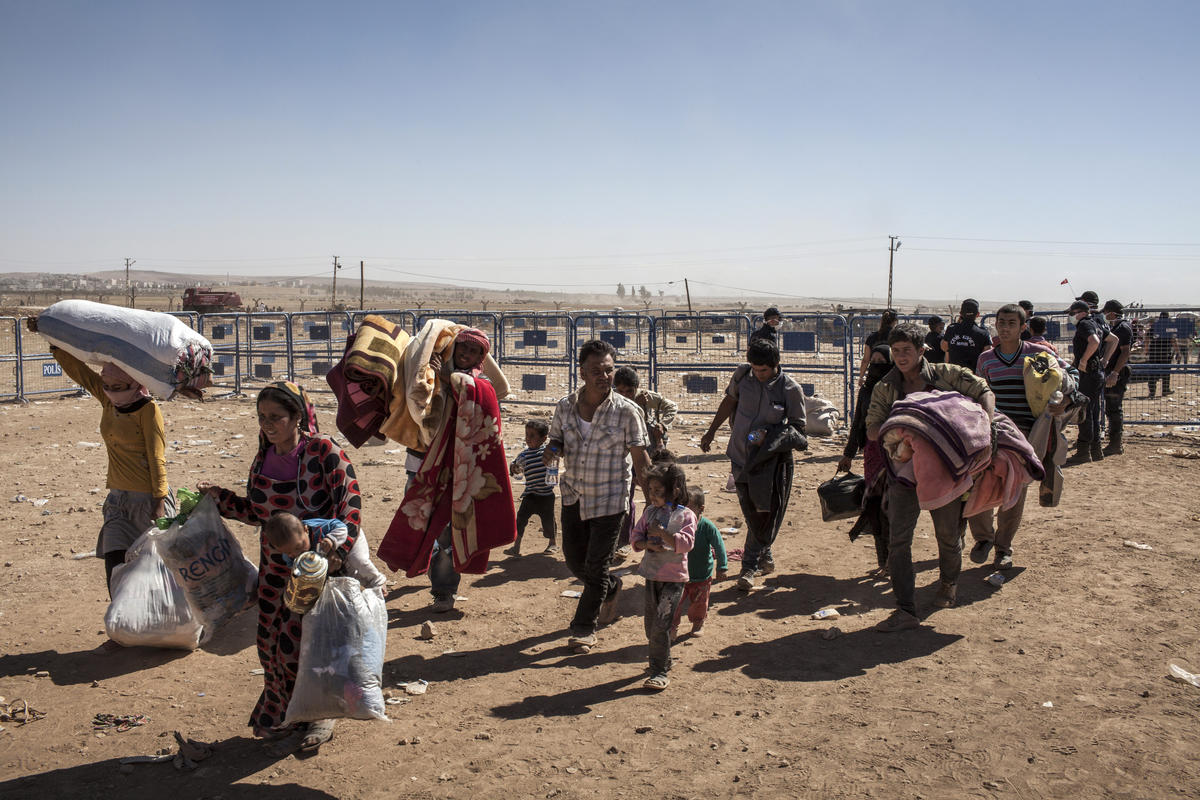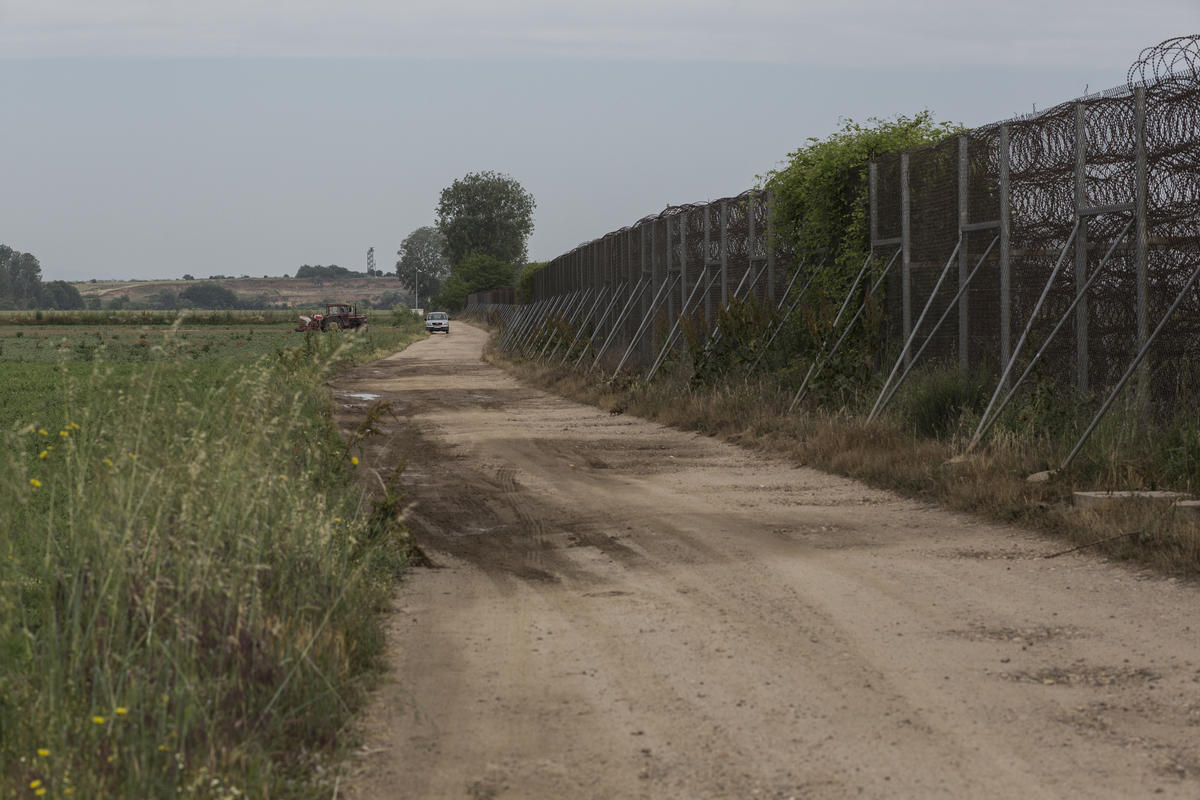Australia accepts Iraqi refugees from Nauru
Australia accepts Iraqi refugees from Nauru
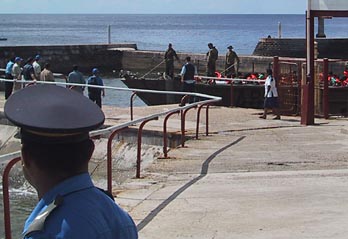
CANBERRA, Australia, Dec 17 (UNHCR) - Australia has accepted a group of Iraqi refugees from Nauru after a recent review found their home country not conducive to return. The UN refugee agency has welcomed this move, and urged the Canberra government to grant complementary protection to the rest of the group until the situation improves in Iraq.
On Tuesday, 23 Iraqis left Nauru for Australia after spending more than three years on the Pacific island. They include 11 people who were originally part of a group on the Aceng boat that had been intercepted at sea by the Australian navy in 2001, and arrived in Nauru around the same time as the rescued-at-sea passengers of the more-famous MV Tampa.
Most of the Iraqi passengers on the Aceng were recognised as refugees and subsequently left for Australia, New Zealand, Sweden, Denmark and Canada. Among those remaining in Nauru, 27 were recognised as refugees earlier this month when the Australian immigration department conducted a further review of Iraqi cases on Nauru, reassessing their status based on new information on the conditions in Iraq.
The 23 who left this week are mostly joining relatives in Sydney, Brisbane, Adelaide and regional Victoria. Another four Iraqi refugees are expected to arrive shortly from Nauru.
Neill Wright, UNHCR's Regional Representative based in Australia, said he was pleased to see progress in resolving some of the remaining cases in Nauru. "Australia was the appropriate resettlement for this group, since most of them have family links here. UNHCR appreciates Australia's agreement to accept them," he added.
According to Australian Immigration Minister Amanda Vanstone, the group was granted secondary-movement temporary visas valid for three to five years. "These visas are available to refugees who abandoned or bypassed effective protection in a country of first asylum to travel to Australia as their preferred migration destination," she explained.
A number of other Iraqis are still undergoing processing and will receive decisions in the New Year, added Vanstone. Among the nine Iraqis from the Aceng still in Nauru, four were rejected in the recent review, while four declined to have their cases reviewed. Only one case is still under review.
UNHCR's Wright has urged the Australian government to consider granting a form of complementary protection to those asylum seekers found not to be refugees in the recent review.
"When states determine that some persons are not in need of international protection, but the conditions in the country they fled are clearly not conducive to safe return, some form of temporary legal status and protection is needed, that is not adequately provided for under the 1951 Convention. This is currently so for many Iraqis and some Afghans," said the UNHCR Regional Representative.
More than 1,500 asylum seekers have been processed through Nauru and Manus island since 2001 as part of Australia's "Pacific Solution". They include the mainly-Afghan asylum seekers rescued by the MV Tampa, many of whom were subsequently accepted by New Zealand, Australia, Sweden and Norway.
There are currently more than 50 asylum seekers in Nauru, among them Iraqis, Afghans, Bangladeshis, Iranians and one Pakistani.
By Ariane Rummery
UNHCR Australia



